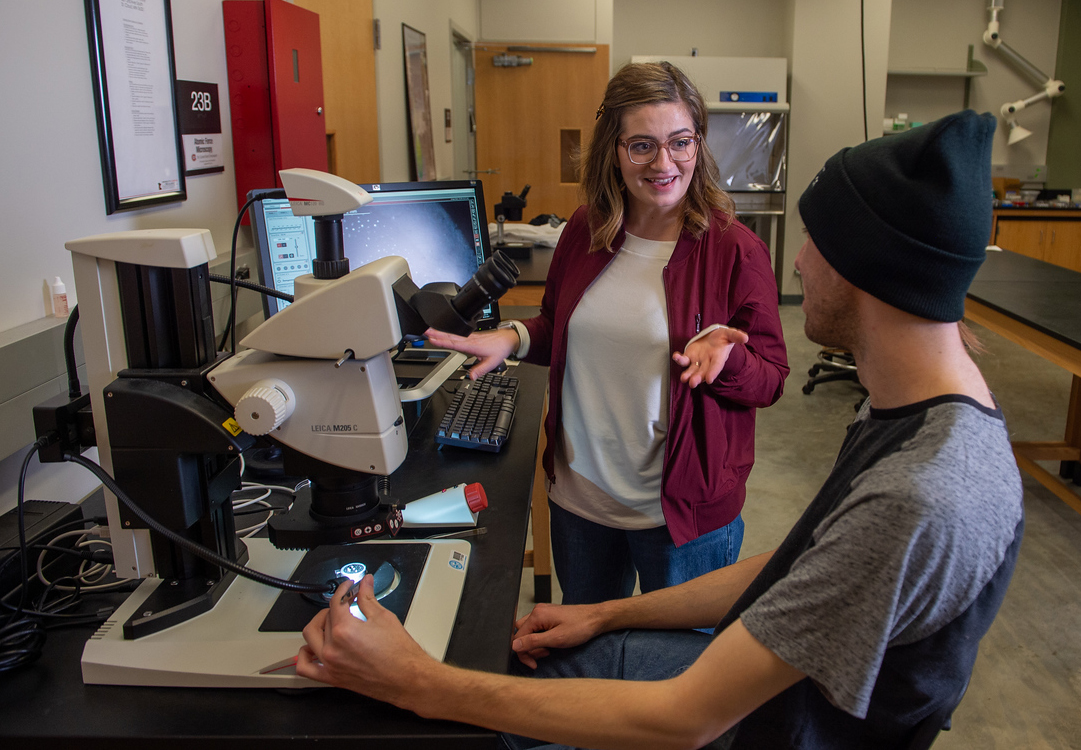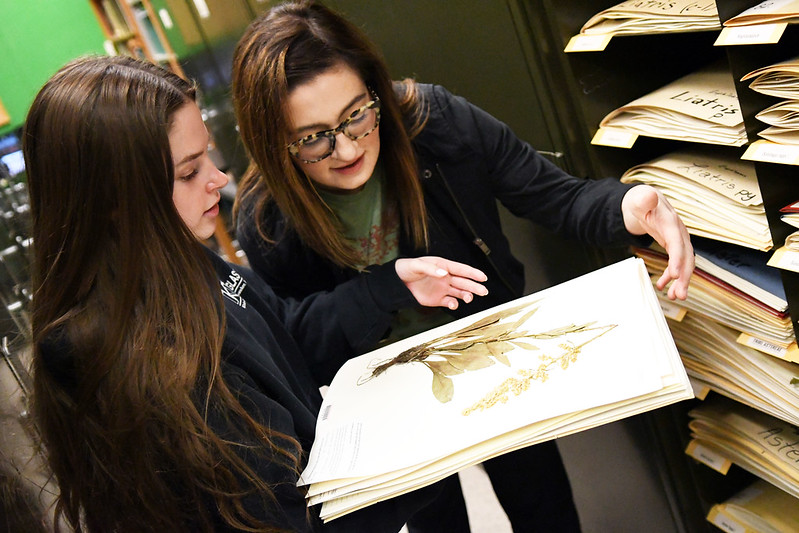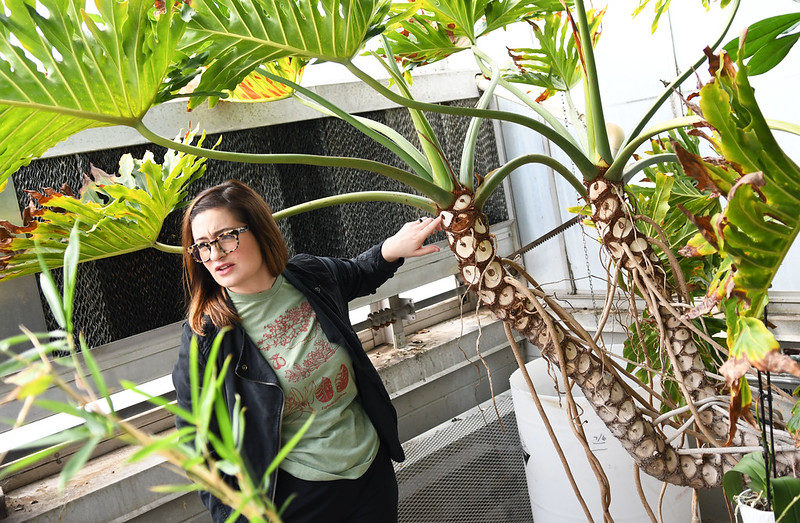
Biology Assistant Professor Angela McDonnell recently co-authored a publication in the prestigious science journal Nature titled Phylogenomics and the rise of the angiosperms.
“Having a publication in a journal like Nature, which spans all of science, is kind of a once-in-a-lifetime opportunity,” McDonnell said. “I feel really grateful to have amazing collaborators and colleagues that also want to work with me.”
McDonnell worked on the project throughout the pandemic, meeting on Zoom with other scientists from around the world. A total of 279 scientists worked on the paper, which now presents the most up-to-date understanding of the flowering plant tree of life. The DNA of over 9,500 flowering plants were sequenced during the project.
“We estimated family trees for hundreds of different DNA regions, and my role in it was to assess the conflict among those regions … trying to assess how different pieces of DNA tells different stories and why that might be,” McDonnell said.

This helped produce the final flowering plants phylogeny, which is a representation of the evolutionary history. The findings will have a major international impact on the study of flowering plants moving forward.
“One thing I’ve learned in my education and growth as a scientist is the more you get into something, the more you realize that you don’t know,” she said. “We’ve uncovered some interesting relationships within the plant tree of life … it will contribute to a better understanding of the process of evolution broadly.”
After years of hard work, McDonnell said it feels surreal to finally share the comprehensive study for the world to learn from.
“This work will influence how basic plant science is taught to students at all educational levels,” Biology Chair Matt Julius added. “We are exceedingly fortunate to have someone with Dr. McDonnell’s intellect and talent on our staff.”

